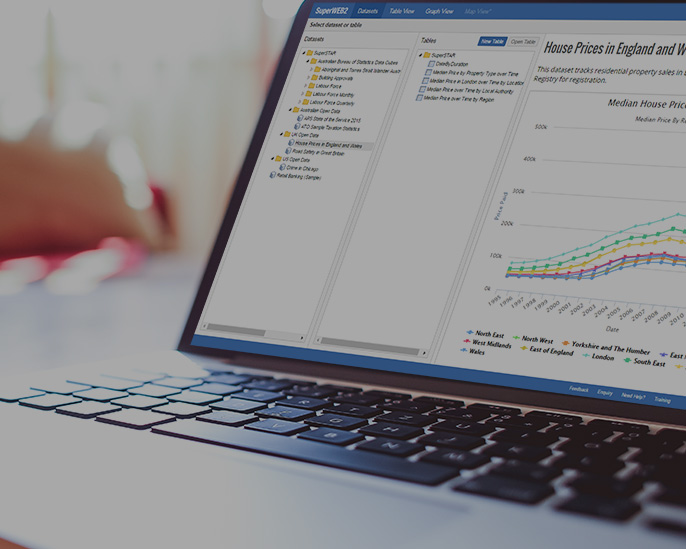Data Stories / Taxation Statistics
Secure Sharing of Confidential Data
With the rise of open data, more government information is available today than ever before. Yet much of what has been made available so far is just the “low hanging fruit” of open data: non-sensitive data that can easily be distributed through open data portals, without the publisher needing to consider privacy and confidentiality issues.
Many higher value datasets, such as financial or health related information, have remained locked away due to privacy concerns. Where this type of data is available, it is typically in a severely restricted format or heavily pre-aggregated. By its nature, this limits the usefulness of that data.
We have sophisticated confidentiality and statistical disclosure control routines built right into our product suite. Our tools apply statistical disclosure control automatically and on-the-fly, helping to maintain the delicate balance between releasing data that is flexible enough to be useful, while protecting the privacy of the individuals in that data.
The Australian Tax Office publishes an annual report on taxation statistics that provides lots of valuable information about the financial state of the nation. It also releases some raw data, in the form of a small representative sample of all tax returns for each year.
To get an idea of the power that a tool like SuperWEB2 could bring to the taxation data, were the full data to become available, we loaded the sample data provided for 2003 - 2014 into our suite. You can check out the data for yourself in our online open data demo, or browse some of the stats we uncovered below.
1. Miners Overtake Pollies
While mean incomes for each of the states have fluctuated over time, it’s interesting to note the effect of the mining boom on Western Australia. In the 2012-2013 tax year, for the taxpayers represented in the sample data, the mean income of WA taxpayers overtook those in the ACT for the first time:
2. Managers Over 70 Deduct Disproportionately
For most occupations, mean deductions seem to peak between the ages of 20 - 30 and then start to decline. “Managers” represented in the sample data seem to be a notable exception:
3. Use of Tax Agents Increases with Age
The older you are, the more likely you are to use a tax agent to prepare your return:
Want to Know More?
Category: Business and Economy
Location: Australia
Time Period: 2003 - 2014
Updated: Annually
Number of Records: 1% sample of tax returns from 2003 - 2011; 2% sample from 2011-12 tax year onwards (almost 2 Million Records in Total)
Source: data.gov.au
This dataset has been released by the ATO under a Creative Commons Attribution 3.0 Australia licence. The source data is available at https://data.gov.au/dataset/taxation-statistics-individual-sample-files.


